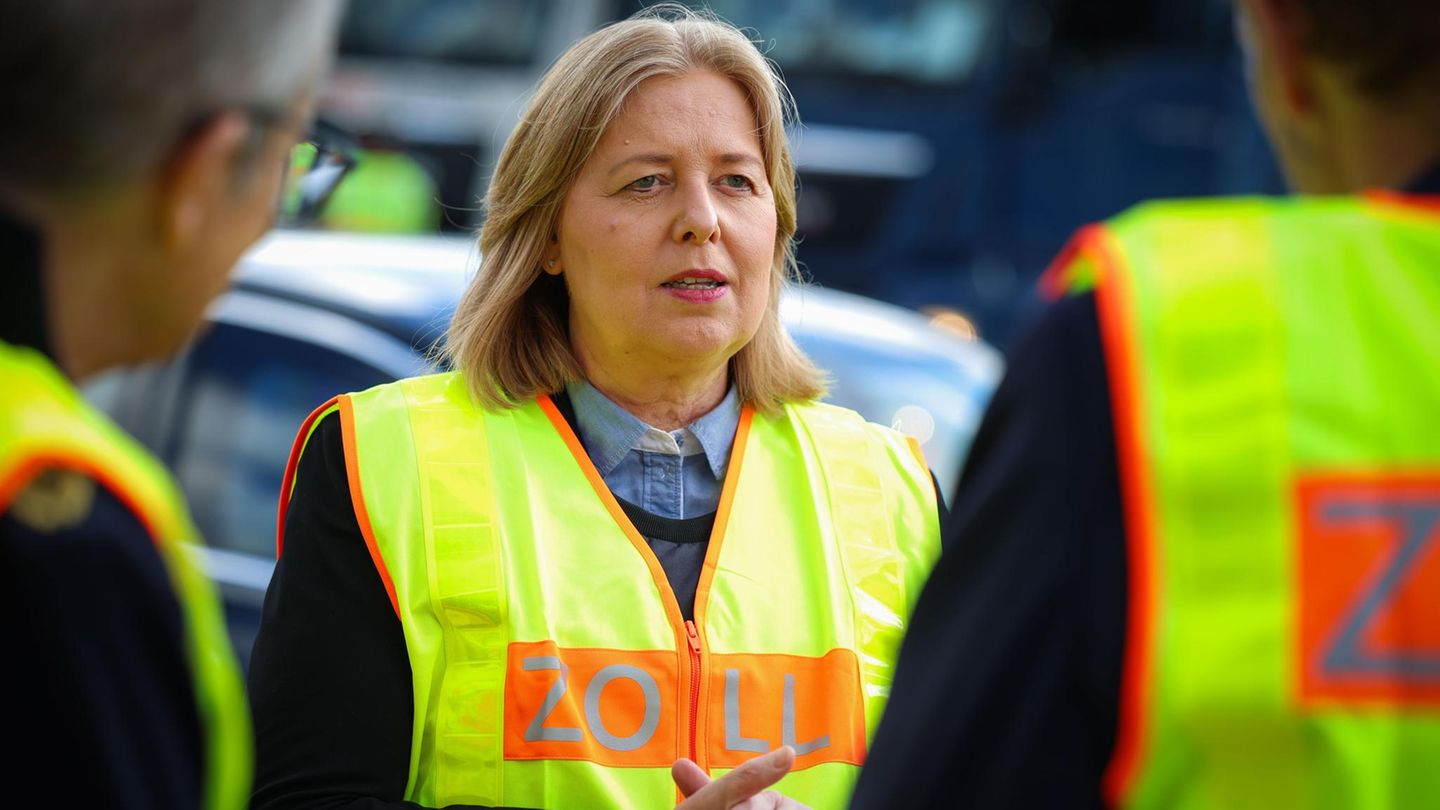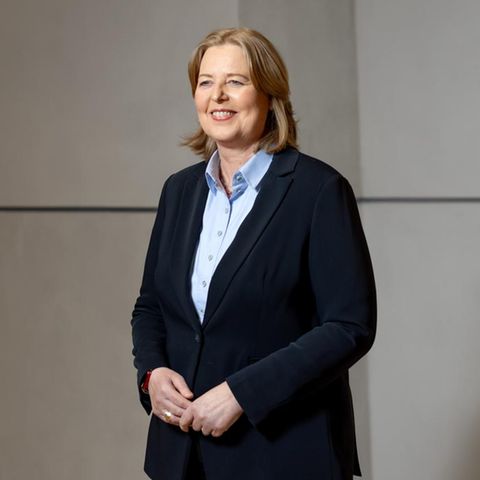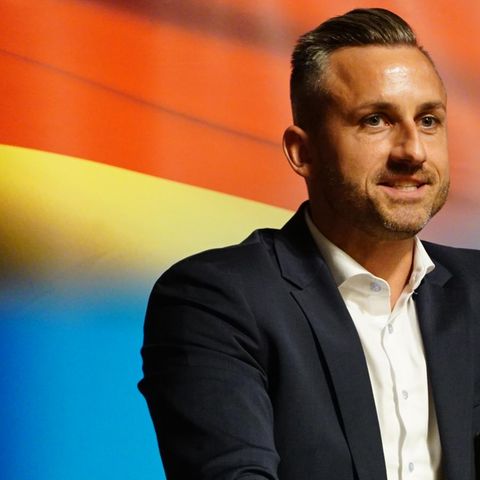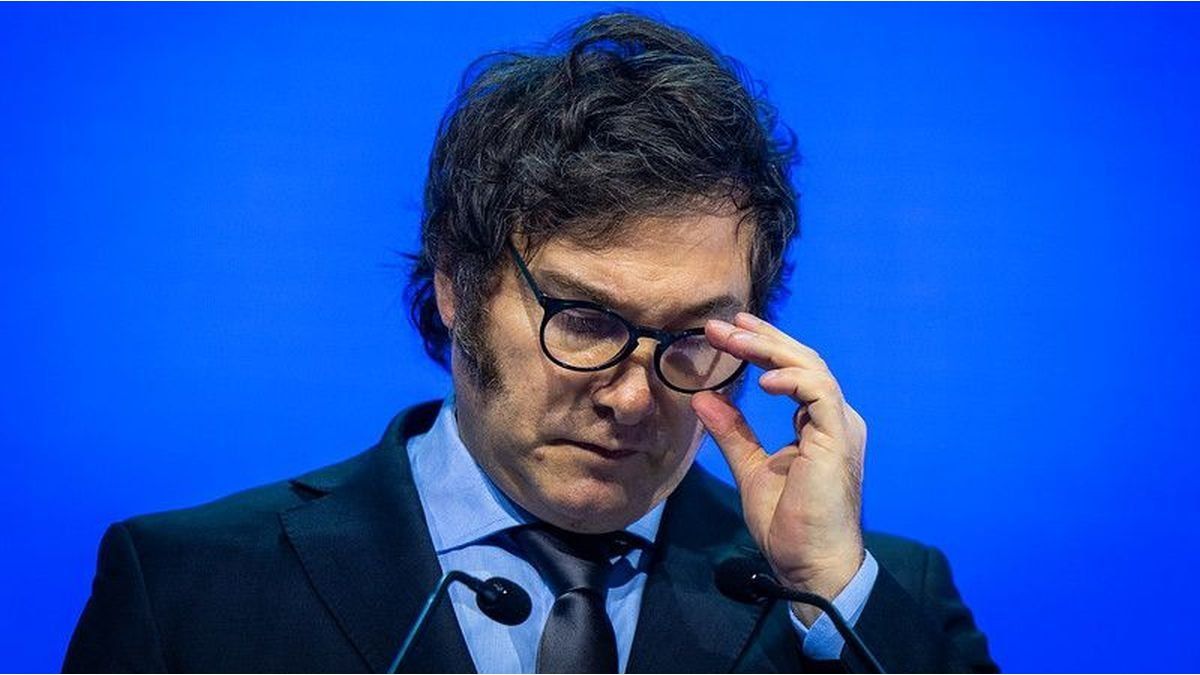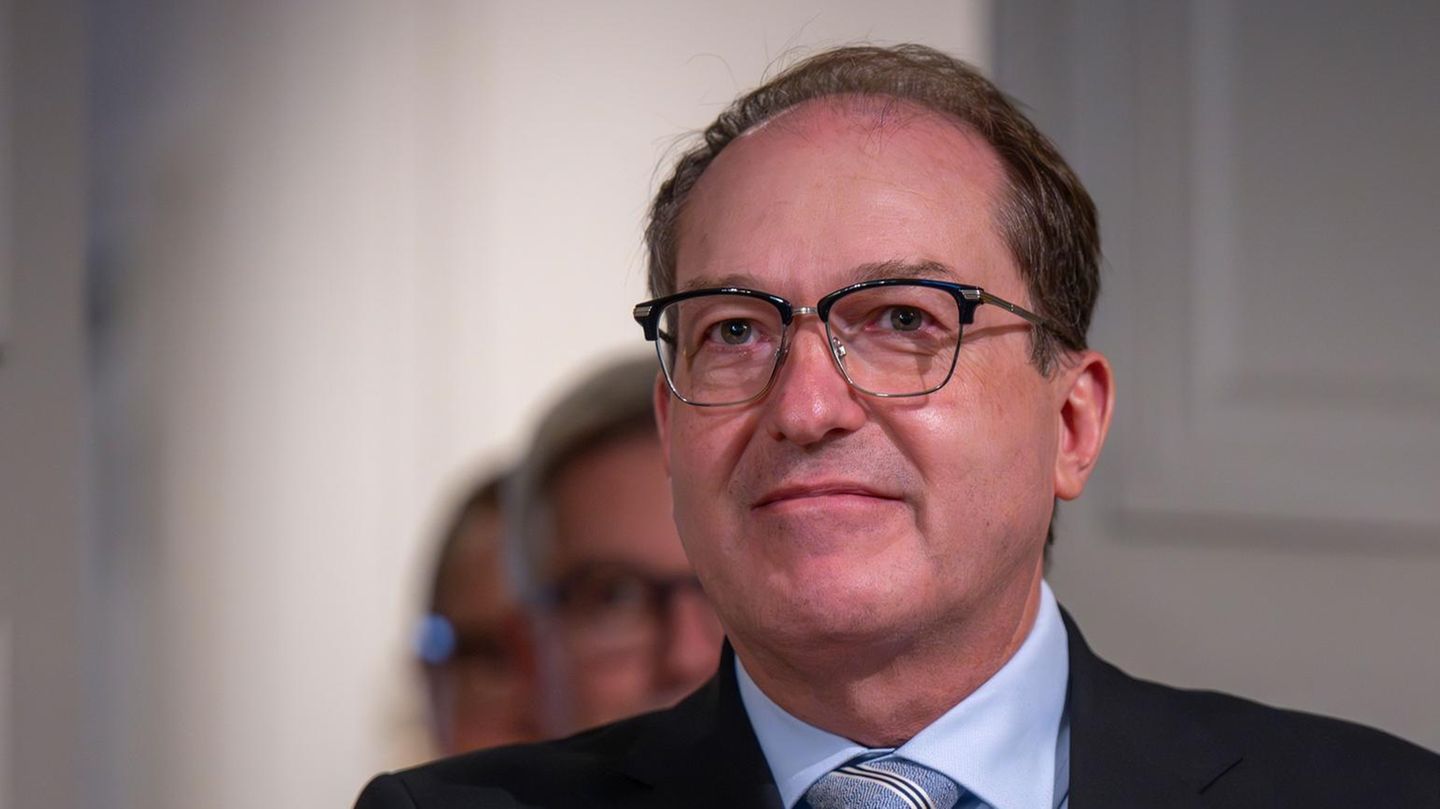NRW municipal election
Now it is true in the West: You should pay attention to these key cities
Copy the current link
Add to the memorial list
The political Berlin looks tense at the local elections in North Rhine-Westphalia. Why that is threatening who threaten and for whom it is about existence.
Does the SPD continue to crash? How strong is the AfD in the West? It is a little striking how persistently emphasized in political Berlin that local elections have their own laws; that it is mainly about the faces on site. Although this cannot be dismissed, it is also not that the local elections in North Rhine-Westphalia are very concerned with more than the town halls and district offices.
On Sunday, around 13.7 million people are called between the Rhine and Ruhr, such as their mayors, agricultural, district and city councilors. It is the last big ballot this year and also the first of the Federal Government’s black and red. The promised change of mood is not yet evident.
In this respect, the NRW municipal election also has a test character: How satisfied is the most populous federal state-a cross-section of the overall German population-with the work of the Union and SPD? The government parties in the federal government have to expect sensitive losses, while left and AfD could benefit from dissatisfaction. When it comes to this, the middle also weakens considerably for the first time in the West.
Berlin also looks at the first results that will arrive at 6 p.m. after the polling stations are closed. Due to the large number of voices, some of the counts are likely to last until the deep evening. Knack elections are scheduled for September 28th, since some candidates for the Ob- and District Administrator in the first ballot should not take the required 50 percent threshold. You should pay particular attention to these cities:
Power struggle for Cologne
For ten years, the non -party Henriette Reker directed the fortunes in Cologne as the mayor. After two terms, however, she does not want to run again. That was her plan right from the start, says the 68-year-old. However, their popularity values have recently suffered greatly.
In particular, the SPD and the Greens now hope to be able to conquer the prestigious ovens in the runoff election at the latest, as a sign of success and a certain wind-and also to distract the attention of expected losses in other parts of the country.
The race is completely open. In the Bundestag elections in February, the Greens in Cologne had a lead in the first votes, but the CDU, on the other hand, among the second votes. A similarly unclear picture draws a survey on behalf of the “Cologne Stadtanzeiger” for local elections in the metropolis. Accordingly, 24 percent have a preference for the Greens, 20 percent to the CDU, 18 percent tend to the SPD. The big one “But”: Only half of the respondents are determined to vote for the OB candidate of their preferred party.
Absent about Bonn
For the Greens it was not at all. Robert Habeck and Annalena Baerbock, the former party superstars, have withdrawn from federal politics. The dual leadership of the party growth (green youth) throws down. And in Berlin’s business, the eleven percent party is struggling for visibility and profile in the opposition. In short: the Greens urgently could use a success report. Maybe yes from Bonn?
There Katja Dörner wants to become Mayor again. Since 2020, the former Green member of the Bundestag has ruled the former federal capital and is applying for a second term. At the last municipal elections in 2020, the alliance party in the old federal capital won an impressive result, was with 27.9 percent strongest strength in the city council – by hair width in front of the CDU (25.7 percent) and well in front of the SPD (15.6 percent). That was at the height of the green wave of success in the federal government, so it was a long time ago. This time it could be very tight.
According to the Bonn survey “General-Anzeigers” Ob candidate Katja Dörner currently has 33 percent in the head-to-head race with CDU man Guido Déus (35 percent). In the city council election, the Greens are therefore slightly ahead of the Christian Democrats at 26 percent, which tended 24 percent of those surveyed.
Backing from Duisburg?
Bärbel Bas has demonstrated the appointment for the appointment in North Rhine-Westphalia to support their comrades in the local election campaign. Nobody should think that the new SPD boss would not hang in. Finally, Bas himself comes from NRW. Her constituency is located in Duisburg, whereupon the Federal Minister of Labor likes to point out if she wants to underline her ground liability. “With me in Duisburg …”she says, or: “The Ruhr area is my seismograph.”
In this respect, the election outcome between the Ruhr and the Rhine can also be described as a personal matter, although the member of the Bundestag for the constituency “Duisburg I” Not himself is available, but Sören Link, who has been in office since 2012. He has to struggle with major social problems, but is considered a man who does not shy away from unpleasant decisions. Can he defend the office? In September 2017, Link prevailed against the CDU candidate in the first ballot. However, these local elections should not become a sure -fire success for the Social Democrats.
When solving the problem on site, the respondents of a WDR survey by the CDU (22 percent) attribute at least a slight lead over the SPD (18 percent). And in the last local election, the SPD was also the election winner and loser at the same time. With 30.8 percent, the Social Democrats again stopped the strongest parliamentary group in the city council, but lost more than ten percent of the votes compared to 2014.
Another party is very hope for Duisburg: the Alliance Sahra Wagenknecht (BSW). Around 300 interested parties recently came to an election campaign event with the party founder – for the party who narrowly missed the move into the Bundestag in February, this is a lot.
The BSW itself does not believe that it is enough for a mayor’s office. Rather, one hopes in “considerable strength”in other words, in the size of the parliamentary group, to move into one or the other local parliament as in Duisburg. Because only if the alliance can record a significant success in the NRW election and the state elections in the coming year, it should still have a chance of survival.
However, Wagenknecht sits her former party on the neck: The left, which in the west could never really gain a foothold in Wagenknecht times, also cuts off well in NRW after her surprising comeback for the Bundestag election.
Trembling in Gelsenkirchen
It would be a difficult blow to the account for the Social Democrats, accordingly attentive and tense, the top companions in Berlin also look at Gelsenkirchen. There the AfD wants to put the new mayor, making the red area a blue. Does the self -declared workers ‘party SPD lose the typical workers’ city? That is the fall height.
The reason for the SPD care is an ominous mix. First of all: the previous mayor Karin Welge does not compete again, instead Andrea Henze runs for the office – and must therefore do without the official bonus. Also difficult for the SPD: The unemployment rate in Gelsenkirchen has increased compared to the previous year, according to the employment agency, 15.3 percent (July 2025). This could drive protest voters into the AfD’s arms and their candidate Norbert Emmerich, especially since the right -wing populists had achieved success in Gelsenkirchen in the Bundestag election in February. At the time, the AfD was the strongest force for the second votes with 24.7 percent – just before the previous top dog, the SPD (24.1 percent).
Source: Stern
I have been working in the news industry for over 6 years, first as a reporter and now as an editor. I have covered politics extensively, and my work has appeared in major newspapers and online news outlets around the world. In addition to my writing, I also contribute regularly to 24 Hours World.

